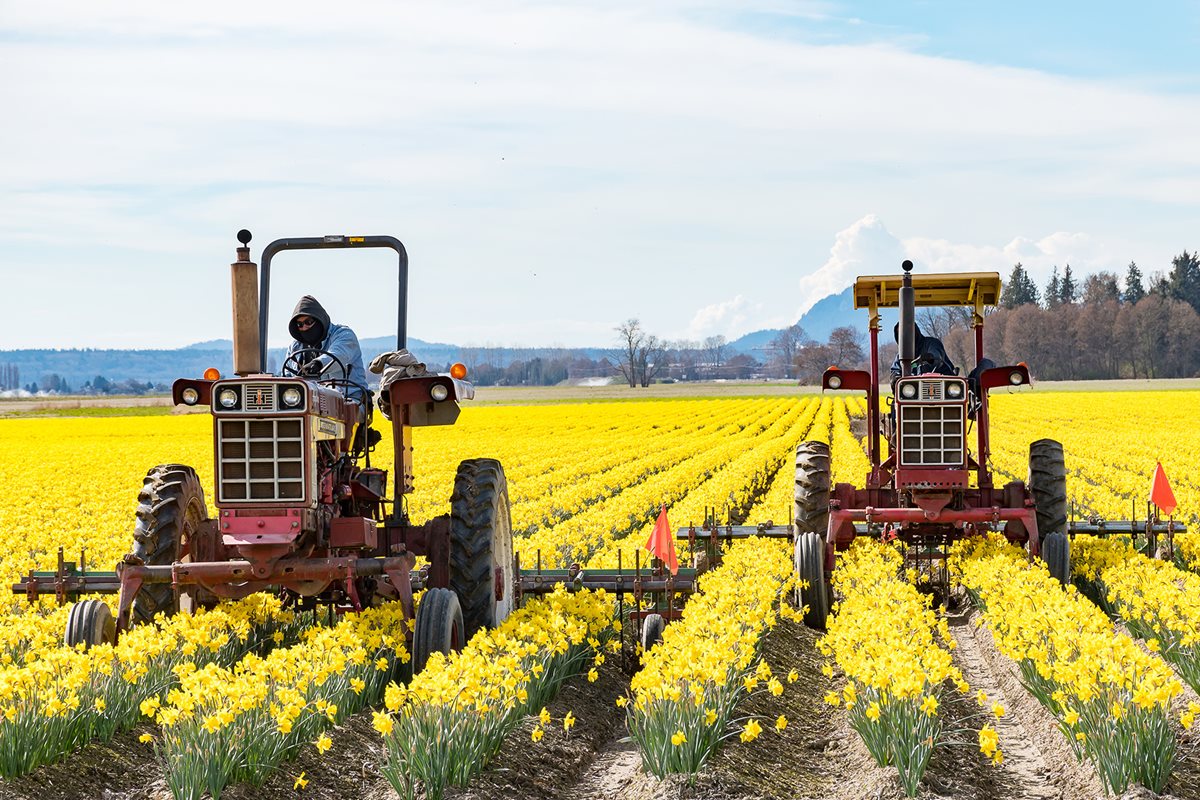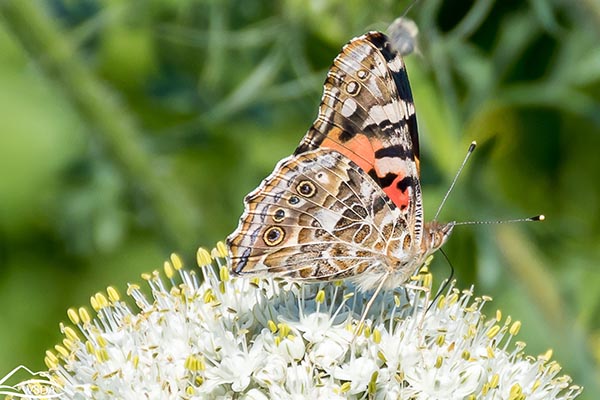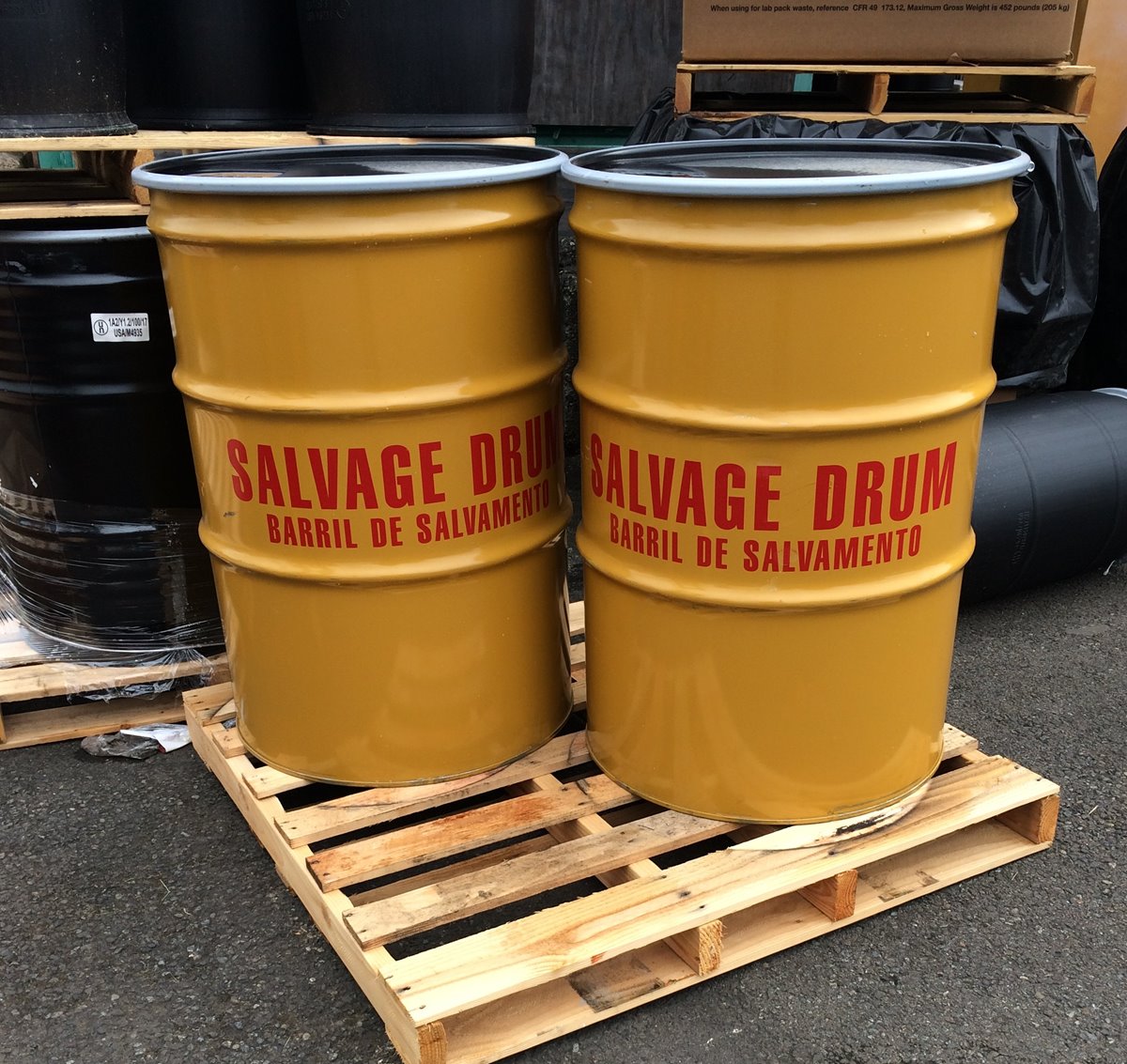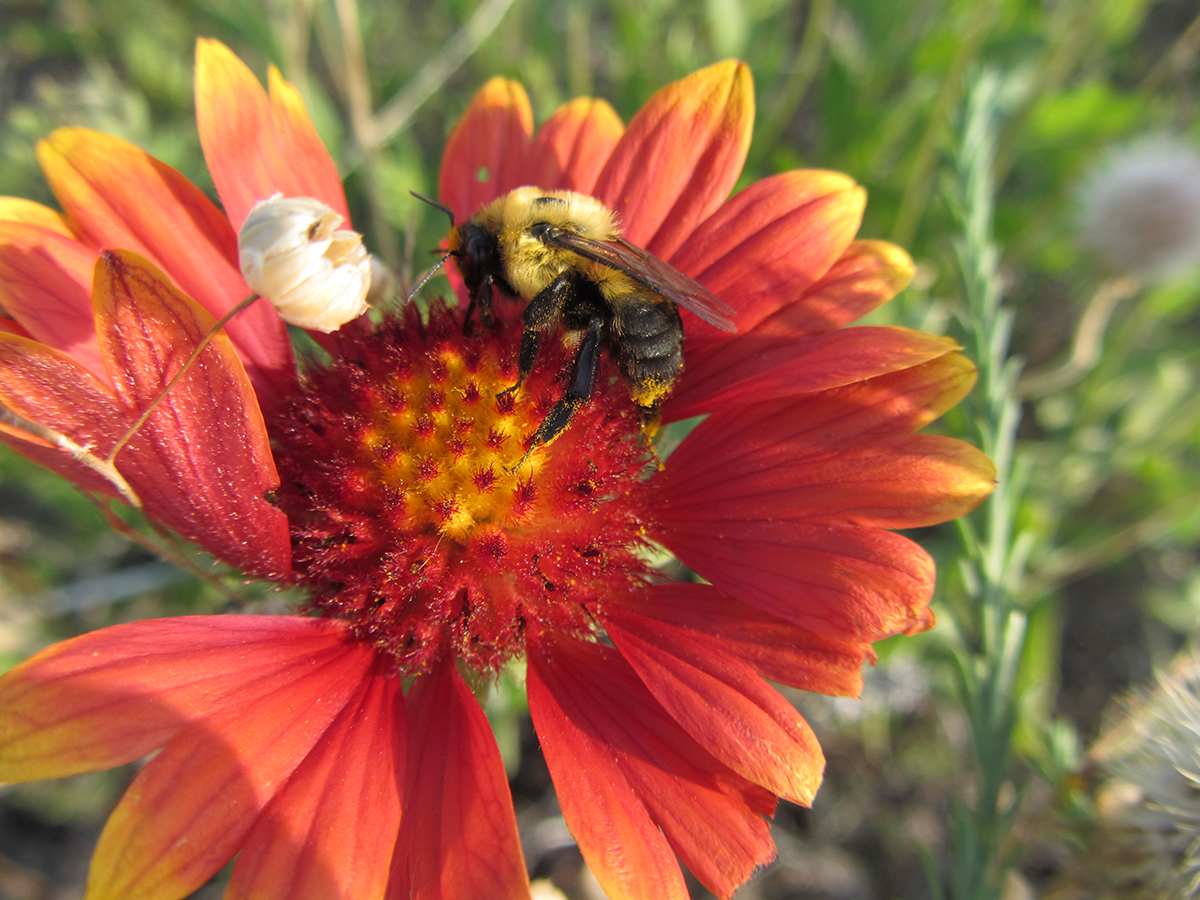Pesticides
The Agricultural Environmental Services (AES) Division is responsible for ensuring that pesticides are used safely and legally. To accomplish this responsibility, WSDA performs several activities including registering pesticides, licensing pesticide applicators, dealers, and consultants, investigating complaints of possible misuse, maintaining a registry of pesticide-sensitive individuals, and administering a waste pesticide collection program.
The Licensing and Recertification Program is responsible for providing initial licensing and recertification for pesticide applicators, dealers, consultants, and structural pest inspectors (SPIs).
The Pesticide Compliance Program enforces federal and state regulations relating to pesticide storage, distribution, transportation, disposal, and use.
The Technical Services and Education Program provides quality technical services and education to ensure agriculture producers have the necessary information to make sure food, the environment, and the workforce are safe.
The Pesticide Registration Program registers insecticides, herbicides, fungicides, rodenticides, nematicides, disinfectants, germicides, biocides, plant regulators, defoliants, desiccants, minimum risk pesticides (25b), and spray adjuvants.
The Environmental Protection Agency (EPA) is in the process of updating pesticide labels to include additional mitigation measures to protect endangered species and critical habitats. Some of these label changes are now in effect in Washington state. Learn more about how these mitigation measures may impact pesticide application.
The Pesticide Advisory Board (PAB) advises the Pesticide Management Division (PMD) on pesticide related issues in Washington state. All virtual and in-person PAB meetings are open to the public.
This program collects unusable agricultural and commercial grade pesticides from residents, farmers, small businesses, and public agencies free of charge.
Learn about pesticide application best practices to avoid detrimental impacts on wildlife and pollinators.








